Enriching lives through Research and Creativity
The clinicians, scientists, artists and scholars of USC are unrelenting in their pursuit of a deeper understanding of how to help all people lead healthier, fuller lives. As Keck Medicine of USC has expanded its reach to new populations in Los Angeles County, so have researchers and practitioners across the university explored new horizons of medicine, social science and creative expression. To learn more about our groundbreaking arts progams, research and health care, read the stories below.
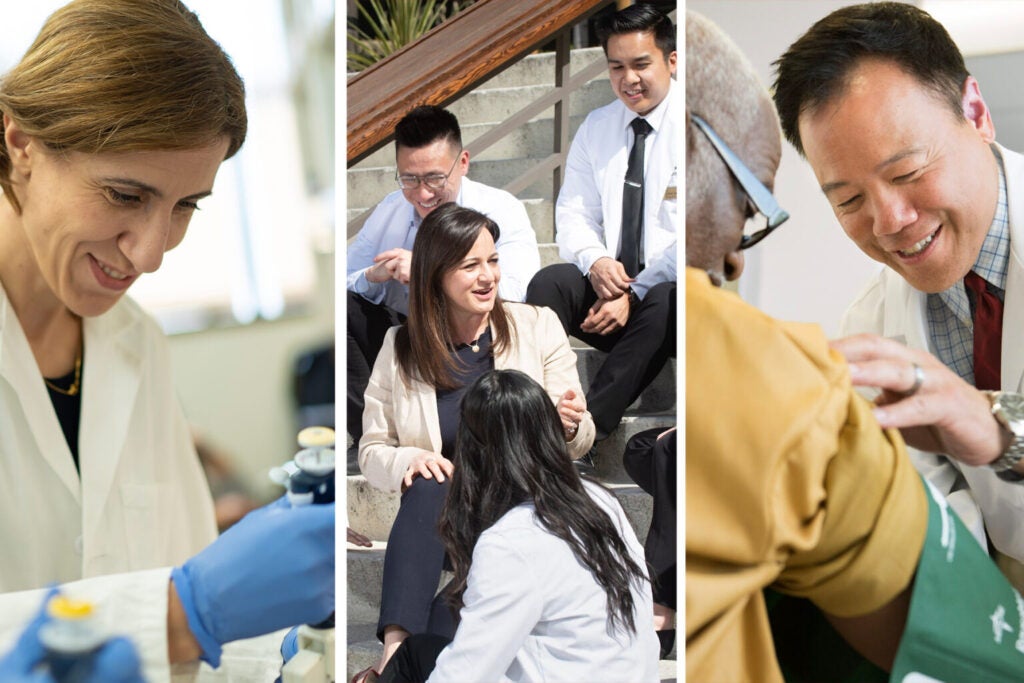
USC School of Pharmacy, Department of Biomedical Engineering announce naming gifts
The substantial gift from innovator and physicist Alfred E. Mann will expand USC’s activities at the intersection of health sciences and engineering.
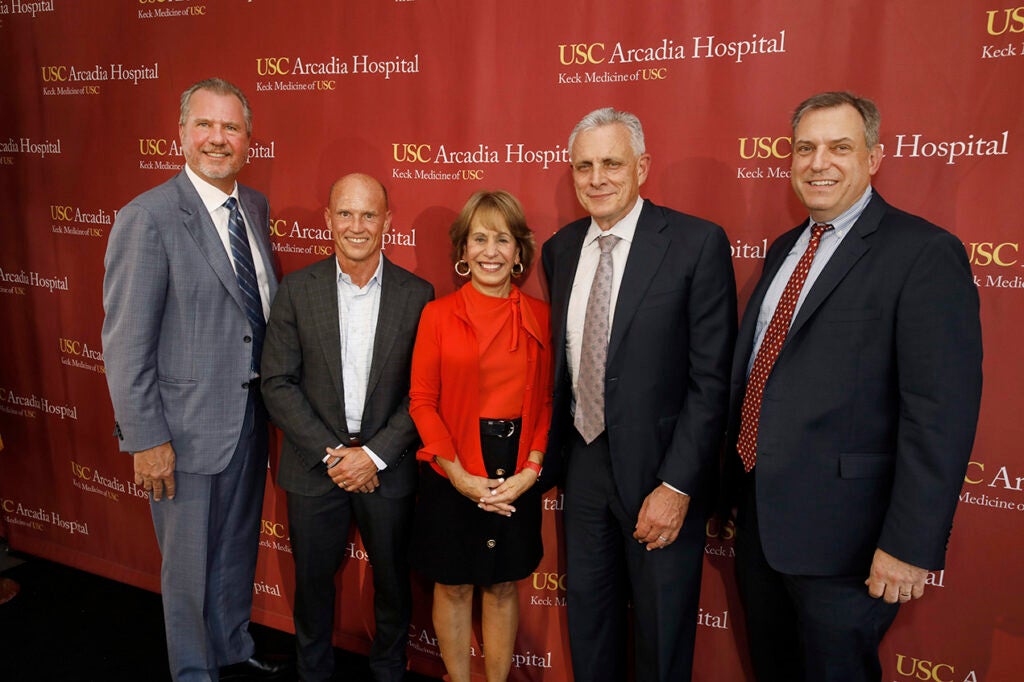
USC Arcadia Hospital and Keck Medicine celebrate partnership
University leadership, including those from Keck Medicine of USC, joined elected officials to celebrate and visit USC Arcadia Hospital, which became affiliated with the Keck Medicine health system on July 1.
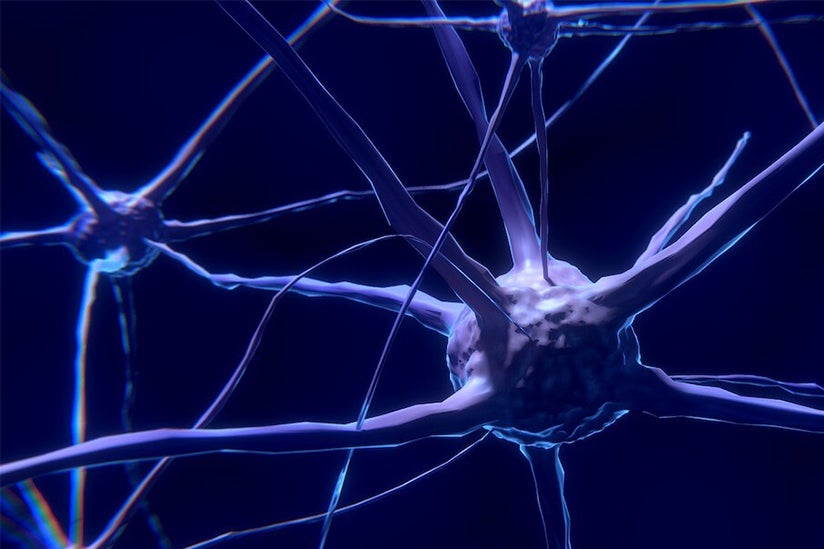
New $11.7 Million USC Center to Create Open-Source Implantables for the Nervous System
The USC-led center will develop cutting-edge devices that send stimulating pulses to the autonomic nervous system to treat and monitor a vast range of conditions.
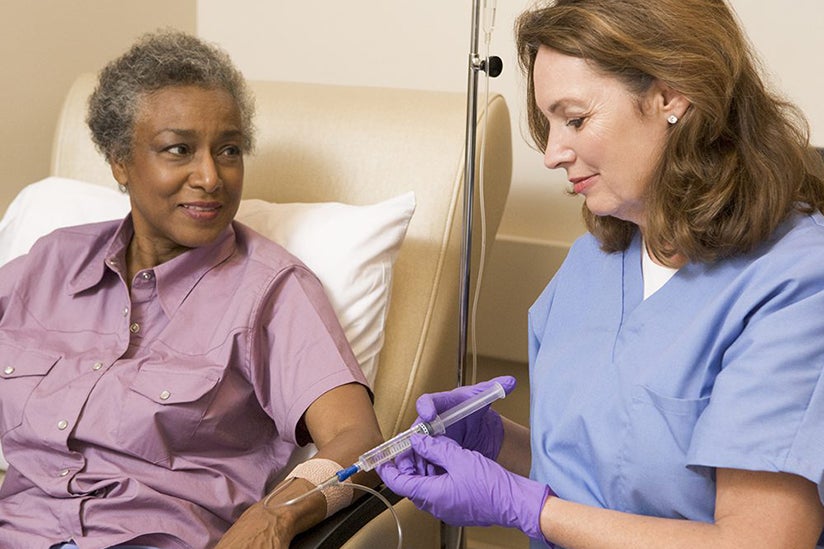
USC and CHLA awarded $8 million to expand access to cell and gene therapy clinical trials
CIRM-funded USC+CHLA Alpha Clinic boosts capacity for clinical and translational research, community outreach, training and manufacturing
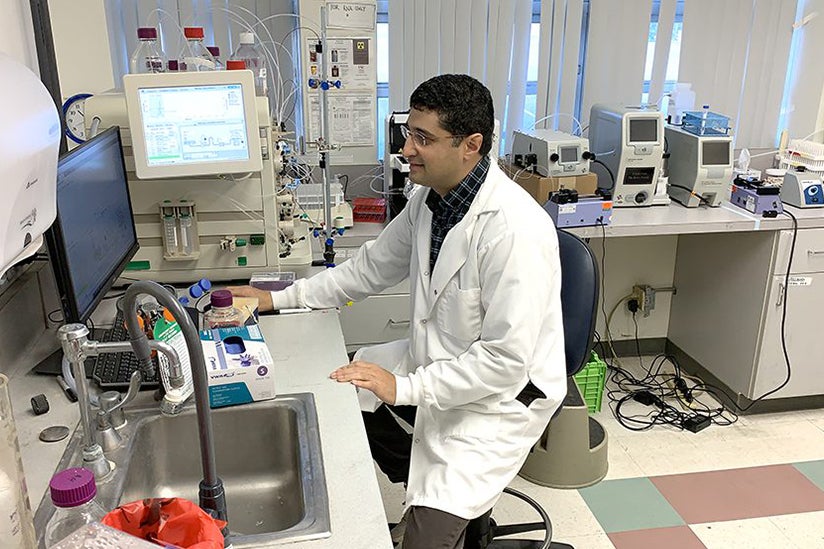
USC launches large-scale study of dementia and diabetes in adults with Hispanic ancestry
The National Institute on Aging awarded Keck School of Medicine of USC researchers $3.7 million to explore the link between diabetes and brain health in the understudied group.

What older adults do while they sit affects dementia risk, study indicates
Researchers at USC explored the link between sedentary behavior and risk of dementia, find that type of activity matters when it comes to brain aging.
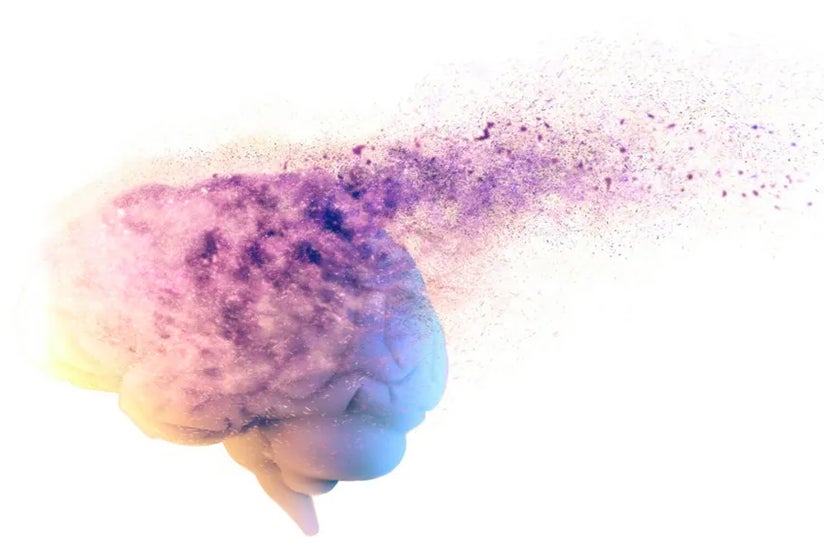
Newly discovered protein connected to Alzheimer’s disease risk
A mutation in the small protein SHMOOSE is associated with Alzheimer’s risk and highlights a possible target for treatment.
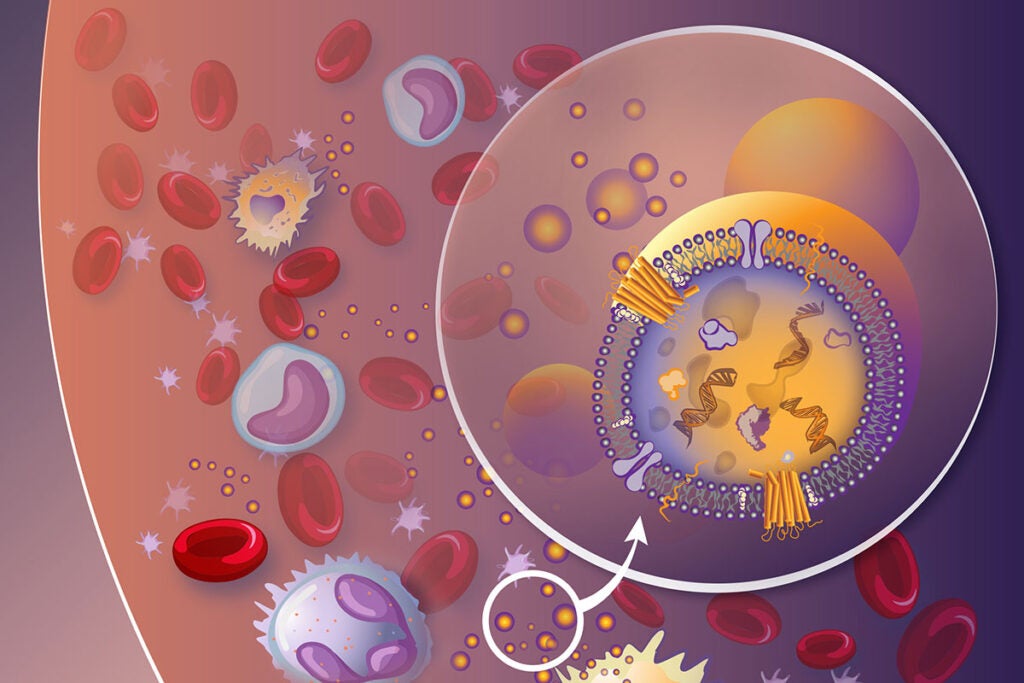
Next-generation liquid biopsy detects nano-sized signs of breast cancer in early-stage patients
A USC-led team of researchers finds remarkable results with the blood test in a small group of patients.
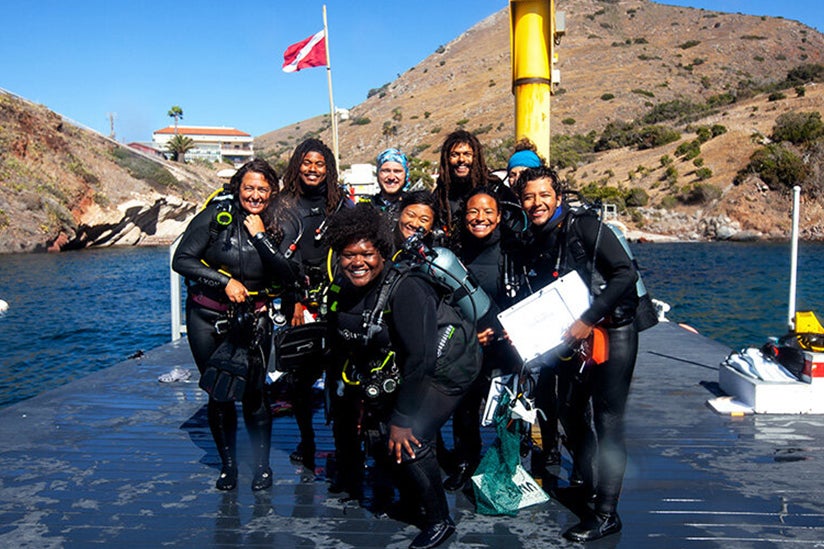
A new program brings the magic of scuba diving to a more diverse crowd
The Wrigley Institute Scientific Diving Discovery Program helps students from underrepresented minority groups get certified as professional science divers.
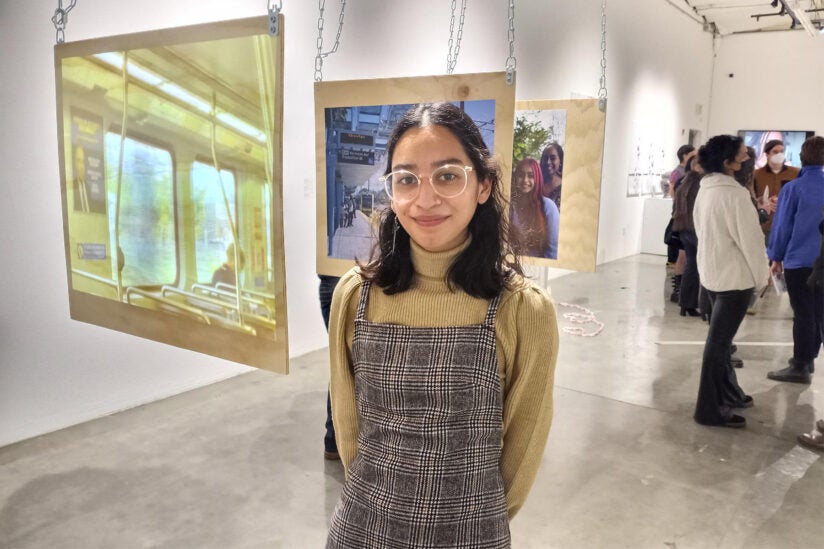
A grandfather’s love drives Trojan to success
Through 12 years of hard work — first as a participant in USC’s Neighborhood Academic Initiative, then as a USC Roski art student — Dayanara Saucedo kept one special person in mind.
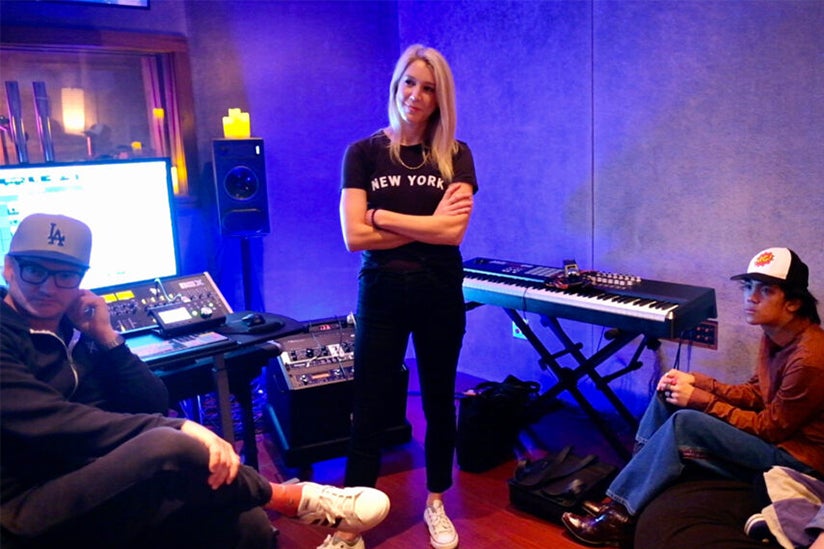
Meeting the Demand
As USC Thornton unveils a new master’s degree in teaching popular music, Thornton alums like Courtney Fortune, who are already teaching, are adapting to the growing demand for music instruction beyond band, choir and orchestra.
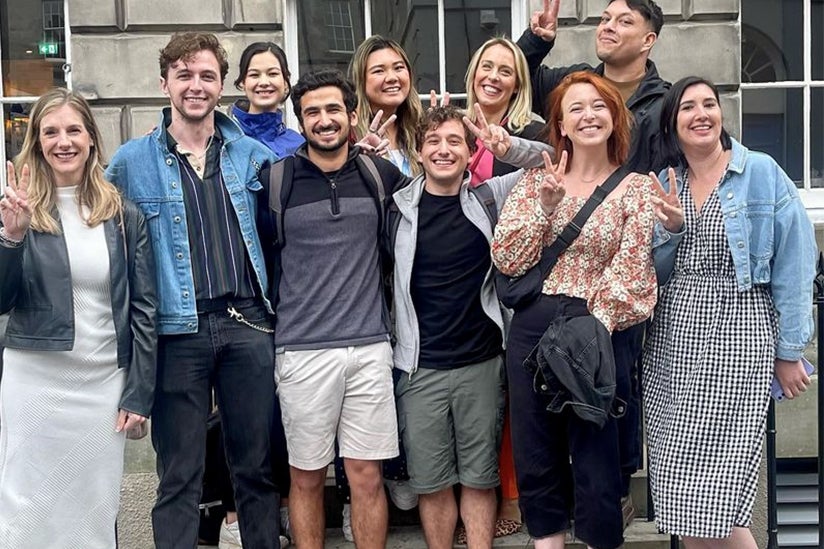
USC School of Dramatic Arts students premiere work at Edinburgh Fringe Festival
A team of SDA students premiered an original play at the Edinburgh Fringe Festival, earning rave notices and reviving a beloved tradition linking the USC School of Dramatic Arts and the largest arts festival in the world.
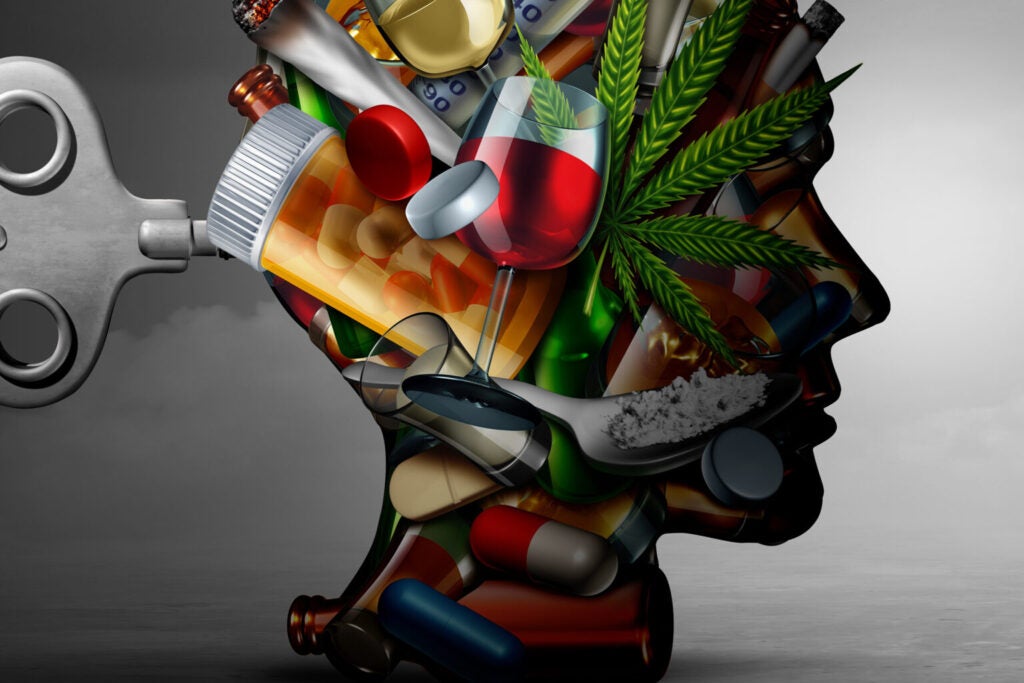
USC Receives $1.3 Million NIH Training Grant to Enhance Diversity in Addiction Science
New Rising STARS program will train and diversify the next generation of scientists to confront the addiction epidemic with “cell to society” perspective

To break unhealthy habits, stop obsessing over willpower — why routines matter more than conscious choices
Understanding and changing the environment in which habits form is a critical step when it comes to breaking unwanted behaviors and forming healthy ones.
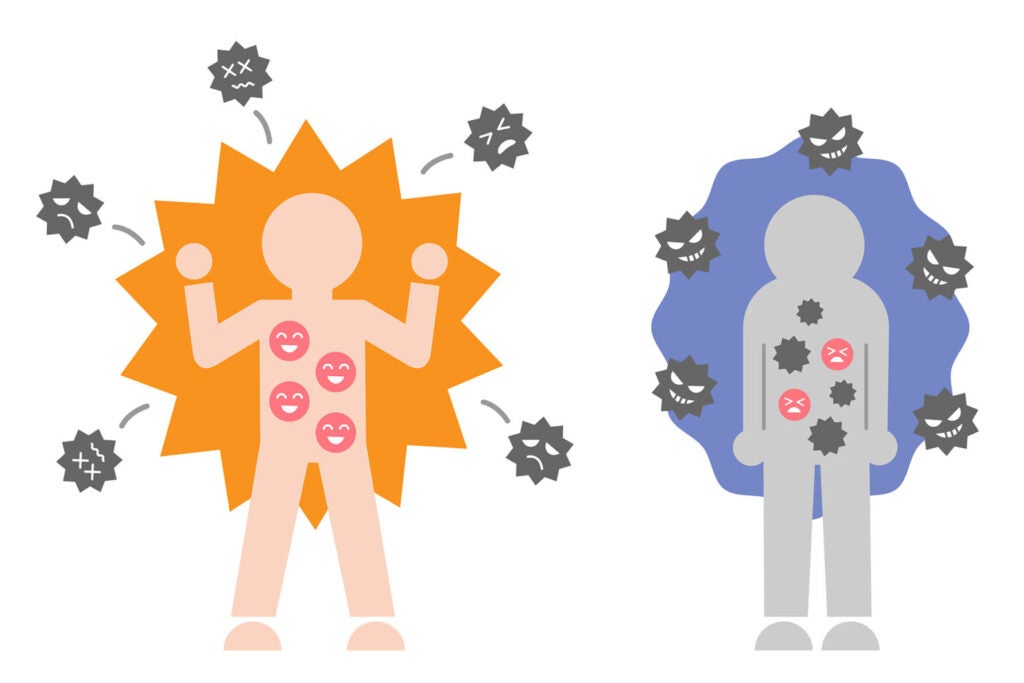
Stress accelerates aging of immune system, study finds
Everyday stressors, traumatic events, job strain and discrimination prematurely weaken the body’s mix of immune cells, potentially increasing a person’s risk of disease.